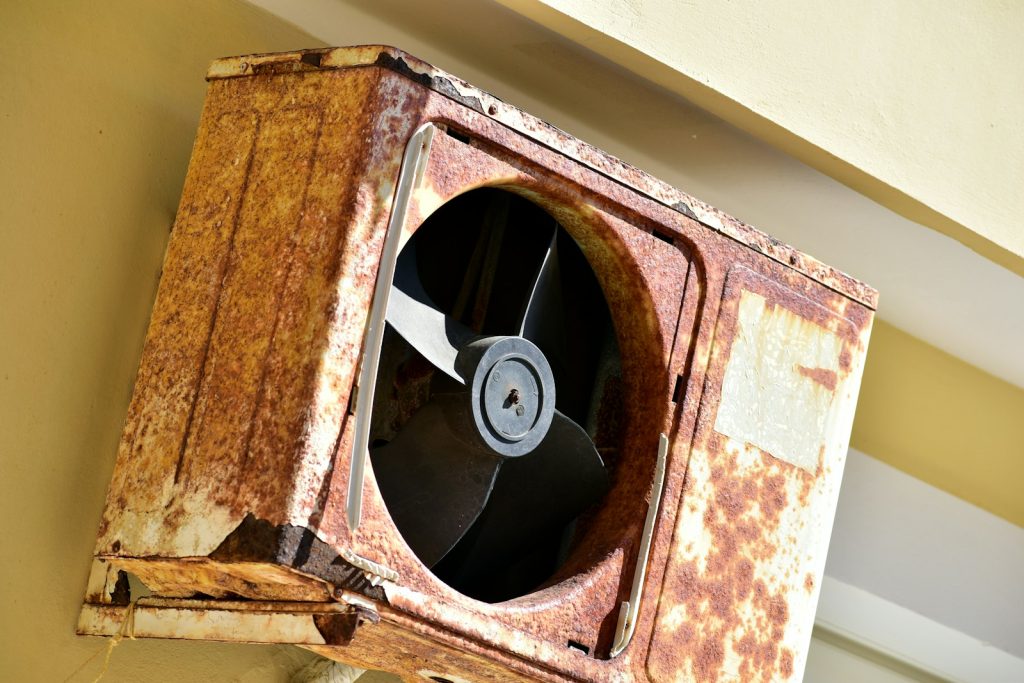Helpline: +91 94651-19900 | Email: [email protected]
Introduction
In India, consumer rights have long been a topic of concern, especially regarding the replacement and compensation for defective products. Recent surveys shed light on the challenges faced by consumers and the urgent need for streamlined mechanisms to address their grievances.

The survey conducted by Local Circles reveals a startling statistic: at least 53% of household consumers encounter issues with inherently defective products, where manufacturers refuse replacements or compensation despite products being under warranty. Moreover, 29% of households possess multiple high-value defective products within warranty, exacerbating the problem.
Consumer anecdotes paint a grim picture of the ground reality. In most cases, replacing defective products is a rarity. One consumer shared a saga of futile repair attempts over a 60-day period before finally receiving a replacement laptop with a faulty camera. Such instances, though exceptions, underscore a prevalent trend where brands prioritize repairs over replacements, even when aware of inherent defects.
The absence of mandated recall processes for defective products exacerbates the issue, particularly concerning safety considerations. Unlike the automobile sector, where safety concerns prompt proactive measures, other industries lack such regulatory urgency.
The survey methodology aimed to understand consumer experiences with defective products, particularly high-value ones. Despite legal provisions, the majority of consumers struggle to obtain resolutions without legal intervention. While the Consumer Protection Act of 2019 outlines liabilities for manufacturers, suppliers, and sellers, its effective implementation remains elusive.
Consumer Protection Act, 2019
Under the Act, consumers possess the right to compensation for harm caused by defective goods or deficient services. However, proving refusal for returns or refunds often necessitates legal assistance, highlighting systemic inefficiencies.
Consumer awareness emerges as a crucial factor in navigating warranty claims effectively. Many consumers prioritize product features and prices during purchases, overlooking post-purchase service and support. Consequently, they often resort to external repairs or continue using defective products until they become non-functional.
Central Consumer Protection Authority
The need of the hour demands proactive measures from the Central Consumer Protection Authority (CCPA). A standardized recall process for serviceable products, including automobiles and electronics, is imperative to safeguard consumer interests. Additionally, enhanced vigilance in monitoring consumer complaints can expedite the identification of defective products and prompt corrective actions.
Transitioning to a more consumer-centric approach requires concerted efforts from both regulatory bodies and manufacturers. Strengthening consumer trust through swift resolution of grievances is paramount for long-term brand sustainability.
Conclusion
In conclusion, the prevalence of defective products and the challenges faced by consumers underscore the urgent need for reforms in India’s consumer protection landscape. While legislative frameworks exist, effective implementation and enforcement remain key challenges. Streamlining recall processes, enhancing consumer awareness, and fostering collaboration between stakeholders are essential steps towards addressing consumer grievances and promoting a culture of accountability and transparency in the marketplace. Only through collective action can India truly uphold the rights and interests of its consumers in the digital age.
For more information contact us at-
Visit us at –




